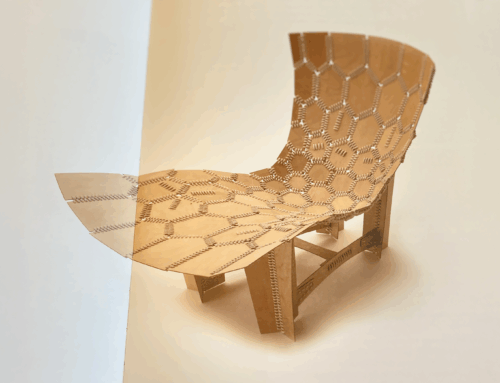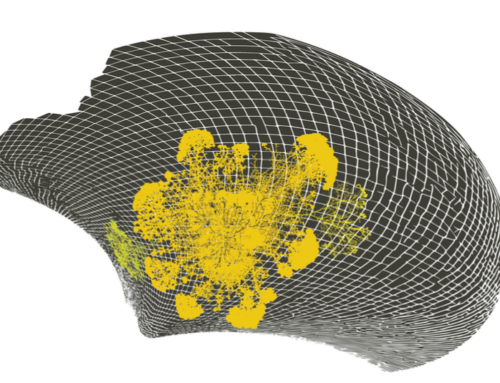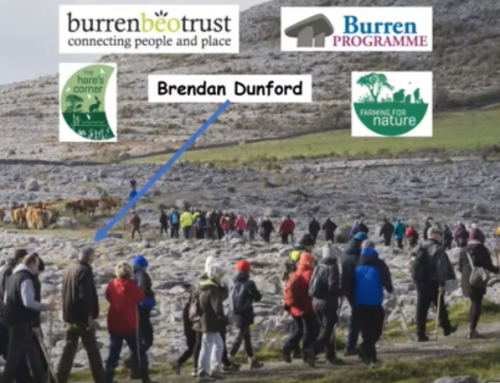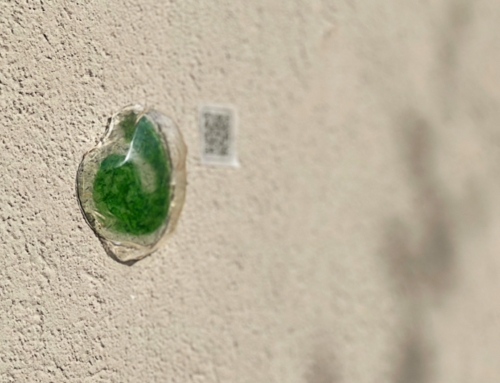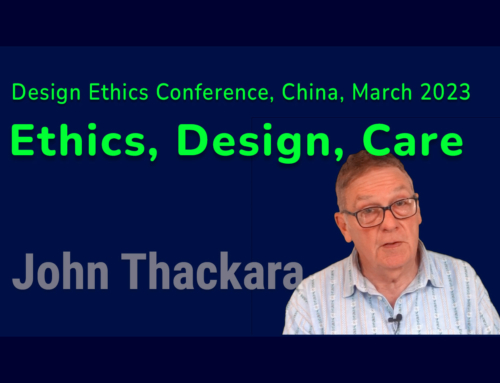This two-week-long market of sustainability projects opens in 70 days from now in St Etienne, France. We have set out to design a scalable, reproducable event, at the level of a city-region, that will materially accelerate its transition to sustainability. As with Dott07 in North East England, citizen co-design of projects are at the core of the City Eco Lab experiment.
In the food zone, projects to do with production, distribution, storage, and composting will surround the biennial’s best restaurant, Cantine 80km. (It’s called that because 80km is the limit beyond which transported food has to be refrigerated). The Cantine will feature Green Maps to help visitors identify and contact suppliers directly. Nearby, Debra Solomon will present the Lucky Mi snack wagon from the Netherlands, including its high-performance sprout-growing module. Also in the food zone, visitors will be able to pickle vegetables using locally-sourced pots, and babies will make bread. Francois Jegou will present scenarios for enhancing AMAP, the French network of of community-supported agriculture systems; and we’ll see how AMAPs compare with the new spin-farming idea from the USA – and alternative trade networks for coffee.
Casino, a big supermarket chain, will present its state-of-the-art green labeling scheme. St Etienne’s architecture school will launch Soupe de Ville which is based on ingredients grown within city limits (some by the architects themselves). Visitors will also be able to compare small, medium and large-scale composting solutions: these include the beautiful pots of the Daily Dump system from Bangalore; London’s SEED foundation proposal for a neighbourhood green waste service in which the celebrated Rocket composter accelerator is used by a new social enterprise; and a high-tech, industrial-scale system in Clermont Ferrand.
City Eco Lab’s mobility zone will be mainly about bicycles, and especially their potential use to de-motorise the distribution of 7,000 items of freight about the city each day. Prototypes of new bike-based services will be presented by Les Cousiers Verts and by La Poste. Plans for a city-wide car share system conceived for poorer people, will be shown – and compared with Dott07’s Move Me project presented by David Townson.
The central area of City Eco Lab will ask: what exactly is an “eco quartier” (neighbourhood)? Live projects on show will deal with energy, water and mobility. A team led by Justine Ultsch at St Etienne’s city hall will explore ways to re-open Le Furan, the city’s built-over river. Tools to capture and clean rainwater will be on show, next to a description of Melbourne’s extraordinary plan to turn that whole city into a water catchment, and Rotterdam’s vision of itself as a water city. A unique array of dry toilets will be on show, together with proposals from an Australian designer, Dena Fam, of ways designers can make them physically and culturally more attractive. A community-wide energy dashboard will be demonstrated by Magalie Restalo. Half way through the event a town hall meeting, convened by the Maison du Quartier,wil discuss what to do, and how, with the ideas and scenarios emerging from the City Eco Lab marketplace.
Continuing the water theme, plans to remove 60 dams from the Rhone will be presented by the World Wildlife Fund’s Martin Arnoud. Designers Hugo Bont and Olivier Peyricot will demonstrate their proposal for large scale urban fish farming. The artist gardener Emanuel Louisgrand will recreate elements of his stunning l’îlot d’Amaranthes gardens from Lyon.
Next to the Eco-Quartier zone will be the “Germoir” (Nursery) co-designed by the rural design collective Pomme_Z. Here, school students from the region will work on live projects to reduce their schools’ environmental footprint. Five schools are involved in this Defi Eco Design, which is based on Dott07’s Eco Design Challenge for schools in the UK. Defi Eco Design is the trial for a larger programme that it’s hoped will be launched in 2009.
In addition to these daily-life zones of City Eco Lab, a large Cabane a Outils (Tool Shed) will contain some of the resources citizens will need to start their own projects. The Tool Shed will feature books and films 9in English and French); a database of environmentally high-performance materials; a selection of software platforms; templates for new economic models; a map of skills available within a 100km radius of the event; and a range of environmental monitoring instruments and off-grid media tools.
City Eco Lab will also feature a Club des Explorateurs (Explorers Club) in which a wide varietry of groups will meet to discuss practical ways to enhance or scale up their projects. Companies, community groups and grassroots projects from across the Rhone-Alps region will participate – often together with international visitors. The Explorers Club will be located next to to a Salle des Cartes in which a wide variety of resource maps will be presented by a team from The Why Factory led by Winy Maas and colleagues from TU Delft in The Netherlands. 15-30 November, St Etienne, France.
